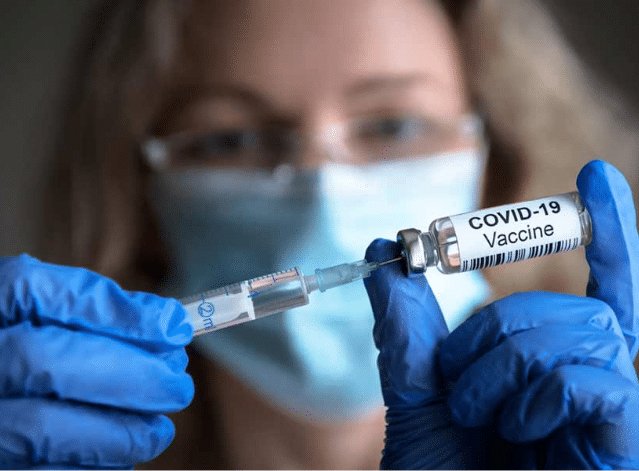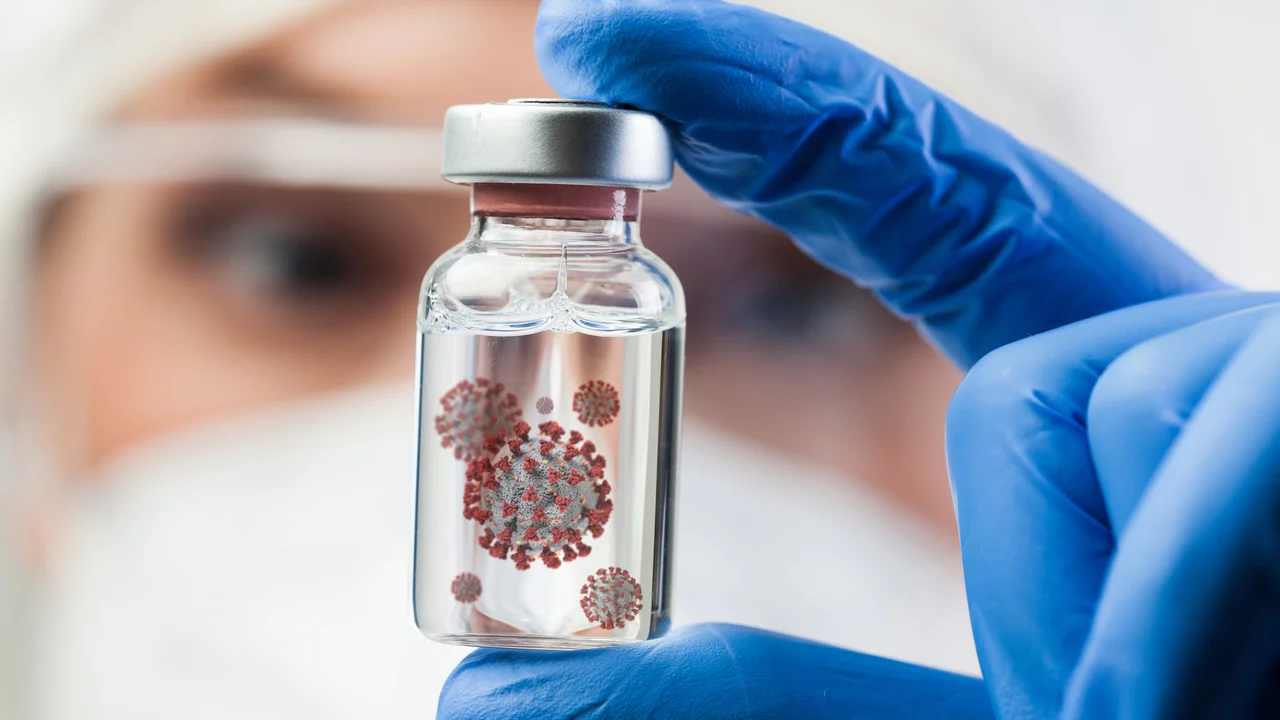COVID-19 Vaccines
At ABC Medical Center
We are prepared to serve you on our two campuses with the highest safety standards.

SARS-CoV-2 Vaccine

Vaccines build long-lasting, active immunity against disease by helping the body’s ability to fight a virus. There may be cases in which the vaccine does not prevent you from contracting the COVID-19 virus. However, if you do catch it, the vaccine could keep you from getting seriously ill or prevent complications.
Reasons to get vaccinated against COVID-19
- It helps you build immunity against SARS-CoV-2, the virus that causes COVID-19.
- The vaccine could keep you from getting seriously ill, prevent complications, or die from the disease.
- While each vaccine works differently, all COVID-19 vaccines elicit an immune response so your body remembers how to fight the virus in the future.
- Prevent the virus that causes COVID-19 from spreading and replicating, contributing to herd immunity.

What to know about the different COVID-19 vaccines.
Information about the different vaccines, how they work, how many doses are needed, what the possible side effects are, and who should not get the vaccine.

COVID-19 Vaccine Dose
Learn why the COVID-19 vaccine is applied in one or two doses and what is the official recommendation for its application, combining, or not combining the different vaccines.
How do COVID-19 vaccines work?
Any vaccine is intended to generate immunity against a disease by producing antibodies that activate the body’s natural defenses, strengthening the immune system.
The main types of COVID-19 vaccines that are currently available or in large-scale clinical trials include the following:
Messenger RNA (mRNA) vaccine.
This vaccine cannot cause an infectious disease such as COVID-19 since it does not contain the live virus that causes COVID-19.
Vector-based vaccine.
Viral vector vaccines cannot get you infected with the COVID-19 virus or the viral vector virus. In turn, the genetic material they provide does not become part of your DNA.
Protein subunit vaccines.
COVID-19 variants, do vaccines work for the new variants?
When a virus has one or more mutations they are called ``variants`` of the original virus. Some of the worrying variants of COVID-19 are Alpha. (B.1.1.7), Beta (B.1.351), Gamma (P.1), Delta (B.1.617.2).
Vaccines against COVID-19 continue to be effective with severe and mild forms, although they decrease by a certain percentage. Remember that receiving a dose does not grant immediate immunity, be cautious and comply with the complete vaccination schedule.

Differences between variants and the original virus of COVID-19
Increased virulence or change in the clinical presentation
of the disease.
Decreased effectiveness of available vaccines and treatments
Increased virulence or change in the clinical presentation of the disease.
Decreased effectiveness of available vaccines and treatments.

Original Virus (SARS-CoV-2)
A sick person can infect up to 2 people.

Alpha variant
A sick person can infect up to 4 people.

Delta variant
A sick person can infect up to 9 people.
Increase in transmissibility.
6 precautions against COVID-19 variants

Keep a distance of 1.5 meters

Perform hand hygiene on an ongoing basis.

Continue to use facemasks of at least triple layer quality

Keep the windows open

Get vaccinated when it’s your turn

Coughs and sneezes with the upper arm even with a mask
Frequently asked questions about vaccination
